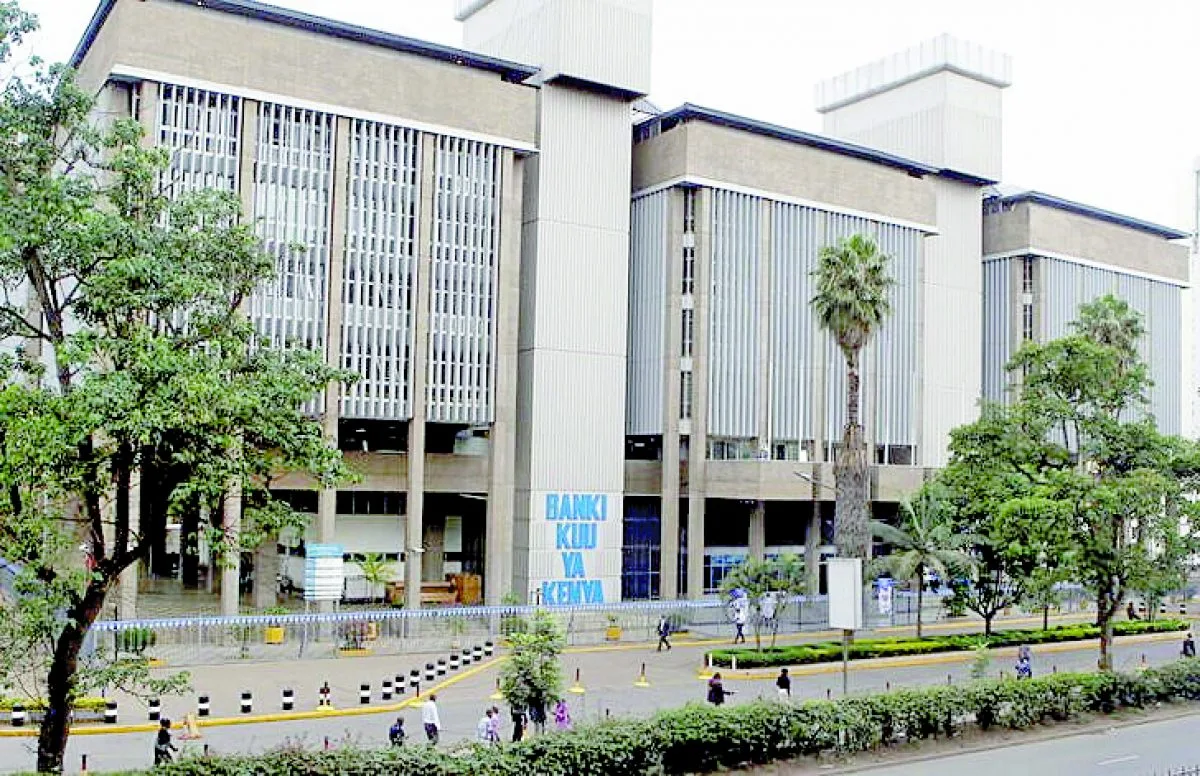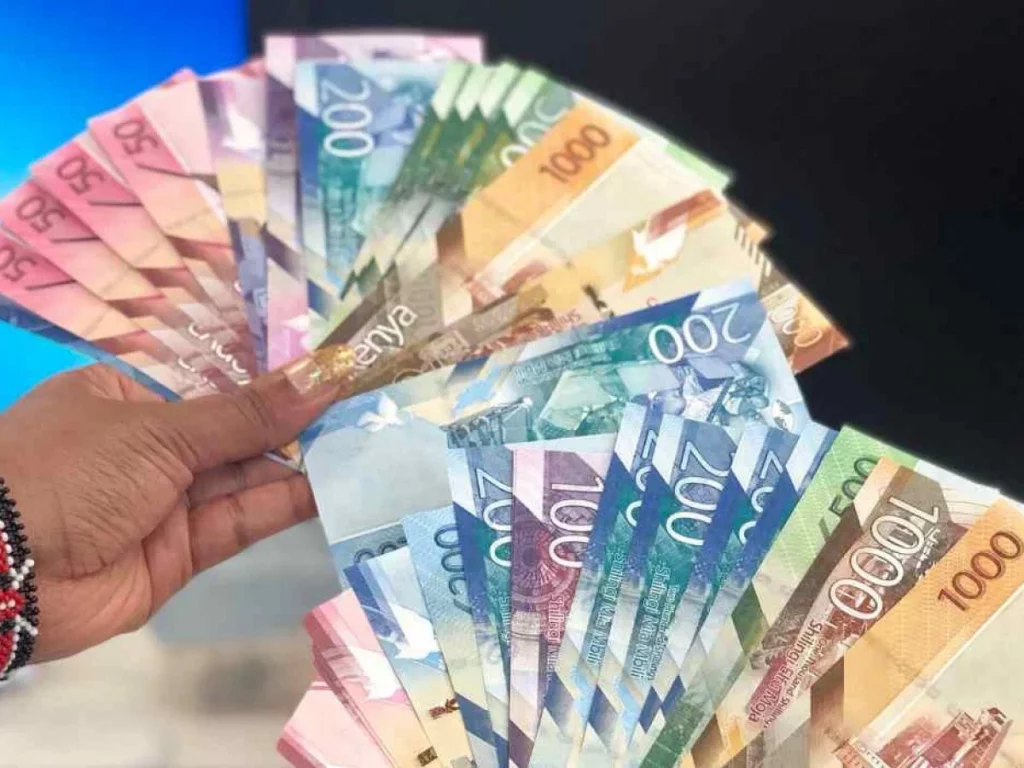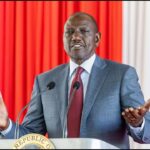The Central Bank of Kenya (CBK) has raised its policy lending rate by 100 basis points to 10.50 per cent. This is the highest it has ever been in seven years.
In a bid to stem rising inflation and stabilize the weakened shilling, CBK increases its lending rate.

The Monetary Policy Committee (MPC) held its first meeting on Monday 26 June under the newly appointed CBK governor, Kamau Thugge. He mentioned the rise in prices of goods and services, the increased global risks and their potential impact on the domestic economy, as some of the major reasons for tightening the money supply.
This is however expected to affect the access to credit for individuals and companies. borrowers are set to feel the financial pain of the increased cost of loans.
Rising borrowing costs slow investment, hiring and consumption.
“The MPC noted the inflation pressures, the increased risks to the inflation outlook, the elevated global risks and their potential impact on the domestic economy. The MPC concluded that there was scope for a further tightening of the monetary policy in order to anchor inflation expectations,” said MPC Chairman and CBK Governor Kamau Thugge in a statement after its meeting.

“The Committee, therefore, decided to raise the Central Bank Rate (CBR) from 9.50 per cent to 10.50 per cent.”
The latest raise is the highest CBR in seven years and comes when the country is grappling with a spike in prices of goods and services as well as a weakening shilling.
The last time it was set at this rate was in July 2016. The CBK at the time raised the rate by 1.50 basis points. This raise is the biggest tightening in one MPC meeting since July 2015 or in the last eight years and is set to raise fears among borrowers during the rise in bad loans.
Subscribe to our YouTube Channel
The Thugge-led CBK is adamant to increase the rate because the policy will help the country fight inflationary pressure brought on by several factors. Including pressure from a stronger dollar, rising oil prices and the economic disagreement from the Russian invasion of Ukraine which has hit food supplies.
The weakening of the local currency has set up the country for a crisis, posing an economic and political problem for President William Ruto’s administration.
The Shilling traded at Sh140.4412 on Monday, a record new low against the dollar. It has set the stage for costly imported goods such as cars, electronics, farm inputs and second-hand clothes as well as electricity amid a shortage of the US currency.
The Thugge chaired-MPC said it will closely follow the impact of the policy, as well as developments in the global and domestic economy. It stands ready to take additional measures if need be.
The weakening of the shilling has caused fears of a fresh round of inflationary pressure, which has become a political conundrum for the government.
Read Also: Gender equity disregarded by the finance bill 2023















